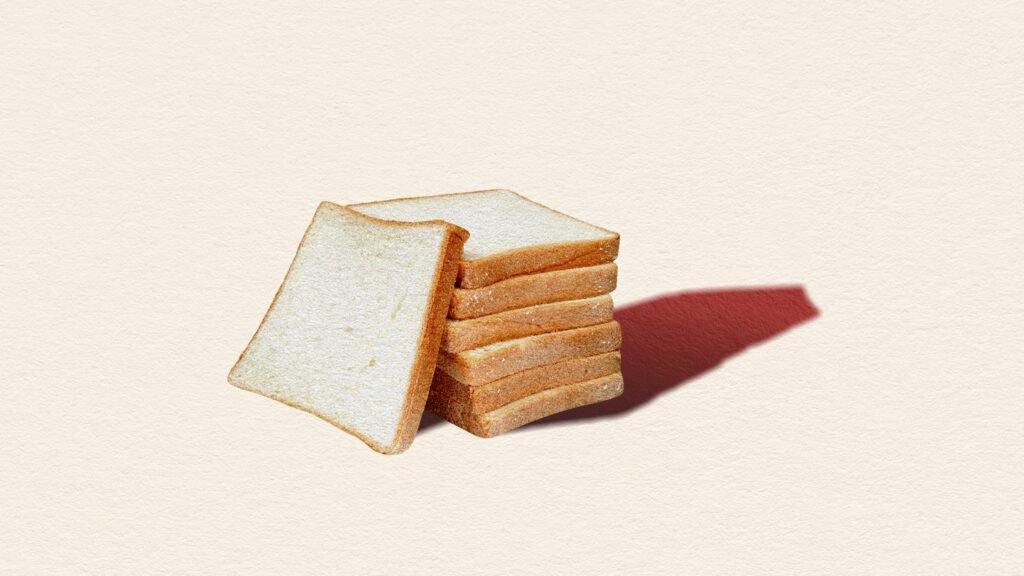Robert F. Kennedy Jr.’s Make America Healthy Again movement has sparked controversy with its bold ideas about health. One area of focus that has gained widespread support, even from the Food and Drug Administration (FDA), is the need for increased oversight of chemicals in the U.S. food supply.
Kennedy has been vocal about the loopholes in the current system, particularly the “generally recognized as safe” (GRAS) rule that allows food manufacturers to introduce new additives without FDA approval. This loophole has led to the inclusion of thousands of ingredients in American foods that have never been reviewed for safety by the FDA. As concerns about the health implications of these additives continue to rise, the prevalence of additives in packaged foods has only increased over the years.
Former FDA officials, like Stephen Ostroff, have pointed out that the GRAS rule has been abused and is in need of reform. Kennedy has also emphasized the need to scrutinize the role of artificial food additives in the rise of chronic diseases, forming a commission to address these concerns.
However, recent budget cuts at the FDA have raised questions about the future of efforts to regulate food additives. Nine out of 29 FDA staffers responsible for reviewing the safety of food additives were recently let go, casting doubt on the agency’s ability to address this issue effectively. Despite Kennedy’s commitment to prioritizing food safety, the challenges at the FDA may hinder progress in this area.
As the debate over chemical oversight in the food supply continues, it is clear that there is a pressing need for reform to ensure the safety and health of the American public. Kennedy’s movement has brought attention to these issues, but the road to meaningful change may be more challenging than anticipated.


